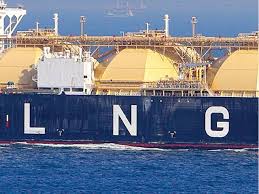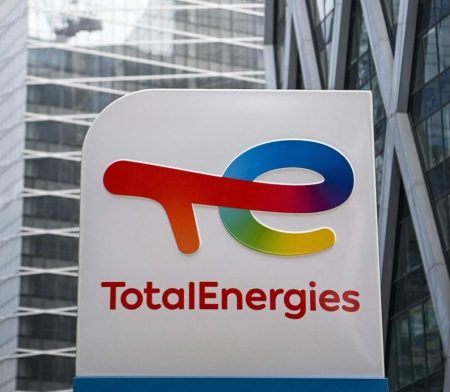
London — Asian spot liquefied natural gas (LNG) prices rose this week for the first time since September and hit a 7 week high, tracking European gas prices on cooler weather forecasts and after Gazprom threatened to further reduce gas flows to Europe.
The average LNG price for January delivery into northeast Asia LNG-AS was $31 per million British thermal units (mmBtu), up $5.5, or 25.5%, from the previous week, industry sources estimated.
“This week Asian rates traded up with a significant jump midweek on the back on the news of the price cap and upward pressure on European pricing,” said Toby Copson, global head of trading and advisory at Trident LNG.
“I expect some downside to come initially for front month if more Chinese cities go in to lock-down and temperatures remain mild. If we do see a cold snap we could see a resurgence to cover short-term draw downs,” he added.
In Europe, S&P Global Commodity Insights (SPGCI) assessed its daily Northwest Europe LNG Marker (NWM) price benchmark, for cargoes delivered in November on ex-ship (DES) basis, at $29.056/mmBtu on Nov. 24, a discount of $10/mmBtu to the January gas price at the Dutch TTF hub, according to Ciaran Roe, global director of LNG
“While NWM is at a discount to JKM in the physical spot market, the forward curves for the two benchmarks are showing Europe (NWM) being above Asia (JKM) out until Q3 2023, implying a current market view that Europe will be the prime destination for cargoes during that period,” Roe said.
EU energy ministers failed to agree on a gas price cap on Thursday, and postponed adoption of other European Commission proposals, such as a joint gas purchasing and fast-tracking renewable permits, to a meeting slated for Dec. 13.
“If a price cap does get approved at the level proposed -275 euros/MWh- this won’t really challenge the status quo since the chances of the price cap being triggered seem very slim. (However) it could still expose the market to speculation and does not deter prices from hitting new record highs during winter,” said Ryhana Rasidi, gas and LNG analyst at data analytics firm Kpler.
Alex Froley, LNG analyst at data intelligence firm ICIS said that Europe’s overall position remains fairly healthy with a substantial backlog of around 28 vessels waiting offshore Europe to deliver.
Froley said that despite the storage backlog, Europe is attracting rare cargoes from the Pacific Basin: the Woodside Rees Withers LNG vessel has arrived off the coast of Spain with a cargo from Australia, the first direct Australian cargo to Europe since 2012.
Another vessel, the BW Paris looks to be carrying an Indonesian cargo towards Europe, which would be the second to Europe in history after another vessel headed to France in early November.
LNG freight rates have seen sharp declines this week, with both basins down over 20% as the longer-than-expected Freeport delays and continued reduction in floating storage have freed up vessels for the spot market, according to Henry Bennett, global head of pricing at Spark Commodities.
The Atlantic rate on Friday fell to $375,750/day while the Pacific rate fell to $356,250/day. (Reporting by Marwa Rashad; Editing by Christina Fincher) – Reuters
Follow us on twitter



